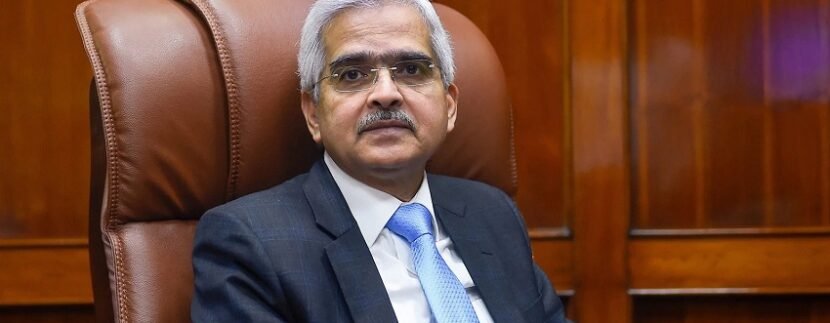RBI Keeps Key Rates Unchanged

The repo rate has been kept unchanged at 4 percent by the RBI. In its bi-monthly review meeting, the Monetary Policy Committee of the RBI has maintained accommodative stance amidst uncertainty regarding the economic impact of the second corona wave and the rising inflation. The committee has kept the reverse repo rate unchanged at 3.35 percent.
The Marginal Standing Facility (MSF) rate and also the bank rates are remaining unchanged at 4.25 percent. RBI has lowered the economic growth forecast for India for the current fiscal from 10.5 percent to 9.5 percent, said RBI Governor Shaktikanta Das after the review meeting of the Monetary Policy Committee on 4 June. The retail inflation in the country has been projected at 5.1 percent for the current fiscal.
“This is the sixth time in a row that RBI has kept the benchmark rates unchanged, in clear response to the exigencies of the COVID-19 pandemic uncertainties. It is certainly positive for home loan borrowers as the floating retail loan rates (which are directly linked to external benchmark repo rates) has been at the lowest level of the last two decades. The continuation of this low interest rate regime works very well for all borrowers as the environment of high affordability is likely to continue for some more time” said Anuj Puri, Chairman – ANAROCK Property Consultants.
“Reviving and sustaining growth has been the guiding philosophy of the monetary policy through the pandemic. RBI has reinforced it by keeping the policy rates unchanged. The policy stance is a logical step to support the actual GDP growth of 1.6% that was reflected in Q4 FY 2020-21,” said Samantak Das, Chief Economist and Head Research & REIS, JLL.
“For India’s Housing market, it’s a big positive that the Reserve Bank of India has kept the benchmark repo rate unchanged for the fifth time in a row. This is despite the fact that the retail inflation reflected by the Consumer Price Index has remained elevated. From a home buyer point of view, this effectively means that the interest rates on loans will continue to remain at a historic low,” said Amit Goyal, CEO, India Sotheby’s International Realty.
“The RBI and especially the MPC are to be commended for maintaining an accommodative stance for the sixth consecutive time now. Their approach towards tackling the situation created by the pandemic and steps taken to help revive the economy will go down in history as being one of the finest. Keeping in mind the disastrous COVID-19 second wave, a slight reduction in the key rates would have been widely celebrated. The reduction would have helped spur growth in demand for real estate assets, which has been severely hit as a result of the pandemic and subsequent lockdowns,” said Kaushal Agarwal, Chairman, The Guardians Real Estate Advisory.
“The RBI move to hold the repo rate at 4% in its monetary policy review is along expected lines. Considering there have been widespread economic ramifications of the various lockdowns announced by states to contain the second wave of the virus, this was the appropriate thing to do. However, we expect the banking regulator to announce monetary support to the NHB to revive growth in the real estate sector, which is the country’s second-largest employment generating sector in India,” said Dhruv Agarwala, Group CEO, Housing, Makaan& Proptiger.
“We thank the apex bank for continuing with the accommodative stance. The second wave and increasing input costs are having a devastating impact on the survival of many businesses. The RBI has rightly taken steps to address the deteriorating health of MSMEs and various other sectors affected severely by the second wave,” said Pradeep Aggarwal, Founder & Chairman, Signature Global Grp.
“The RBI has maintained interest rates unchanged for the last few MPCs, citing inflationary concerns. The RBI has maintained its accommodative stance in today’s MPC also until it deems an appropriate time to spur economic development without endangering its primary goal of keeping inflation under control” said Uddhav Poddar, MD, Bhumika Grp.
